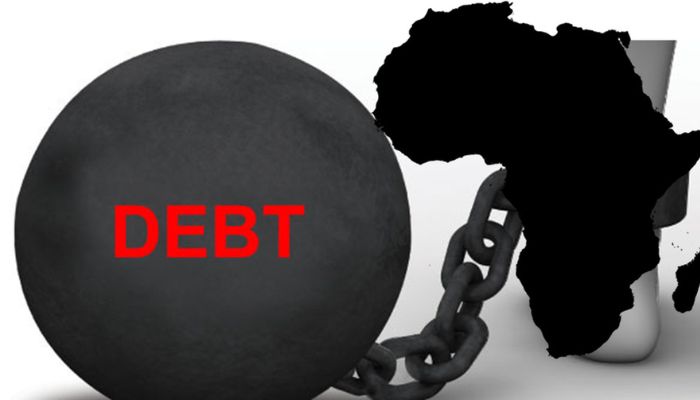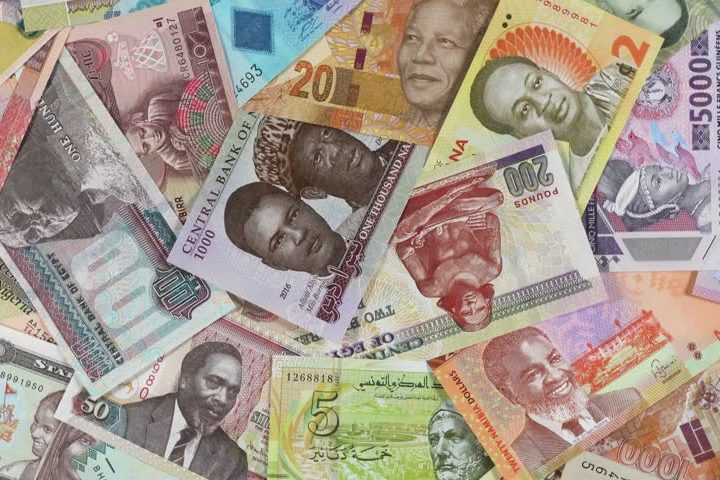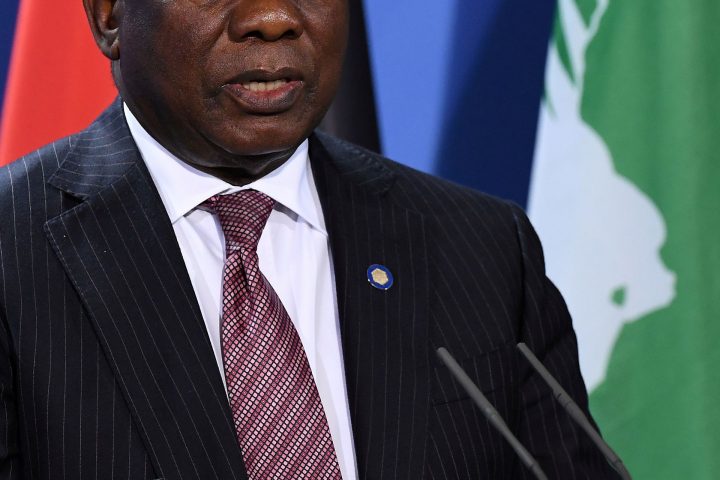Maintaining low debt to the International Monetary Fund (IMF) is crucial for economic stability in Africa. While many nations struggle with high borrowing, some have managed to keep their debt levels minimal. Countries with low IMF debt have greater financial independence, stronger investor confidence, and more control over their economic policies.
Debt to the IMF can be a double-edged sword. While it provides financial relief during crises, it often comes with strict conditions that force governments to cut spending on essential services. High debt can also weaken a country’s economy, reduce fiscal flexibility, and make it vulnerable to external shocks. In contrast, nations with the lowest debt to the IMF are in a better position to sustain long-term economic growth.
Join our WhatsApp ChannelREAD ALSO: Full List: African Countries With The Weakest Currencies
Why Low IMF Debt Matters
African nations with low IMF debt enjoy several benefits. First, they avoid the stringent policy measures often imposed by the IMF, such as austerity programmes that reduce government spending. These policies can lead to cuts in healthcare, education, and public services, affecting the population negatively.
Second, countries with low debt have more control over their economic decisions. They are not bound by IMF conditions and can allocate resources based on national priorities rather than external directives. This allows for a more flexible response to economic challenges.
Additionally, low IMF debt improves investor confidence. A country with manageable debt is seen as financially responsible, attracting foreign investments that contribute to economic growth. Investors prefer stable economies with reduced financial risks.
African Countries With The Lowest Debt To IMF
According to the latest IMF data from March 2025, several African nations have successfully kept their debt levels low. These countries include Lesotho, Eswatini, Comoros, and others.
Lesotho
Lesotho has the lowest IMF debt in Africa, standing at $11.66 million. The country has maintained a cautious borrowing strategy, ensuring economic stability. By keeping debt levels low, Lesotho has been able to manage its economic policies with minimal external influence.
Eswatini
Eswatini follows closely with an IMF debt of $19.63 million. The country has managed its finances carefully, avoiding excessive borrowing and maintaining economic discipline. Its ability to sustain low debt levels enhances its financial independence.
Comoros
Comoros has an outstanding IMF debt of $20.63 million. Despite being a small island nation with limited resources, Comoros has maintained prudent financial management, preventing debt from becoming a burden on its economy.
Sao Tome & Principe
With an IMF debt of $27.60 million, Sao Tome & Principe has kept its borrowing in check. This approach has allowed the country to avoid IMF-imposed economic restrictions while maintaining steady development.
Djibouti
Djibouti holds an IMF debt of $31.80 million. The country’s economic policies have focused on maintaining stability and reducing dependence on international loans. This has helped Djibouti sustain steady growth.
Guinea Bissau
Guinea Bissau’s debt to the IMF stands at $52.29 million. Although the country faces economic challenges, it has successfully limited its borrowing, ensuring financial sustainability.
Equatorial Guinea
Equatorial Guinea has an IMF debt of $59.84 million. The country has slightly reduced its debt compared to previous months, demonstrating efforts to improve its financial standing.
Cabo Verde
Cabo Verde’s debt to the IMF is $72.12 million. The island nation has managed to balance its financial commitments, keeping debt within manageable limits.
Somalia
Somalia has an IMF debt of $87 million. Despite ongoing economic challenges, the country has taken steps to prevent excessive borrowing and maintain financial stability.
Seychelles
Seychelles rounds out the list with an IMF debt of $99.84 million. The country’s tourism-driven economy has helped manage debt effectively, ensuring long-term financial sustainability.
READ ALSO: 10 African Countries With Highest Debt To IMF In March
The Economic Impact Of Low Debt
Countries with low IMF debt enjoy more economic freedom. They can focus on infrastructure development, job creation, and social services without the constraints of IMF conditions. Governments can also respond to economic challenges without pressure to implement harsh austerity measures.
Furthermore, financial stability attracts investors. Countries with manageable debt levels are viewed as less risky, making them favourable destinations for foreign investment. This, in turn, supports economic growth and development.
Emmanuel Ochayi is a journalist. He is a graduate of the University of Lagos, School of first choice and the nations pride. Emmanuel is keen on exploring writing angles in different areas, including Business, climate change, politics, Education, and others.


















